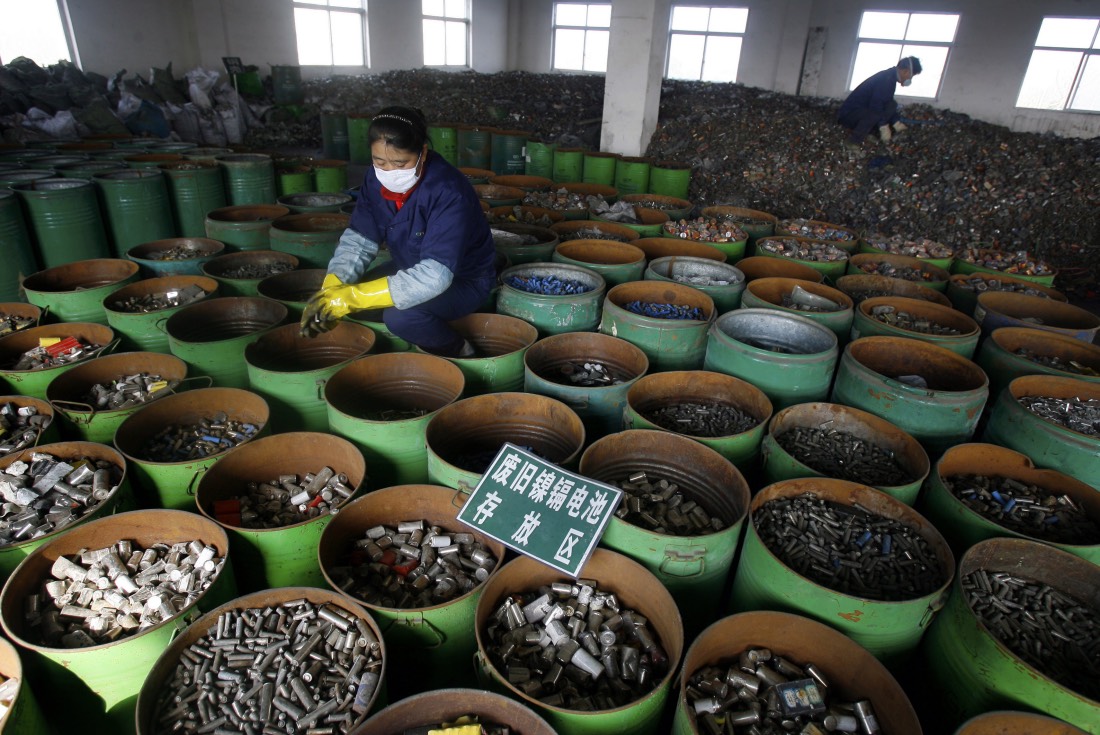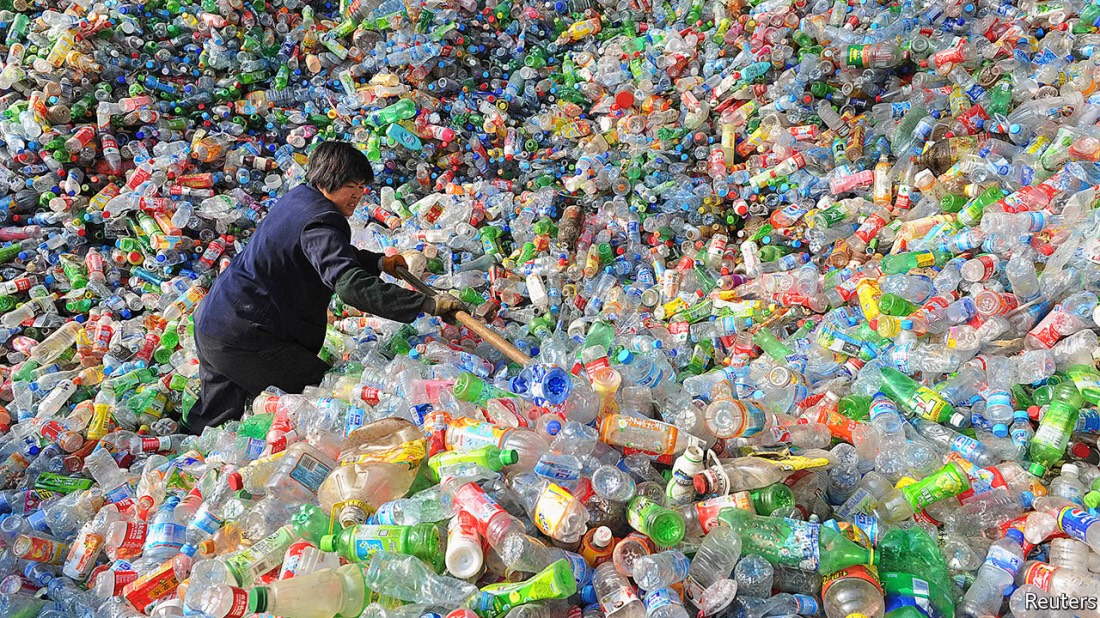[dropcap]C[/dropcap]reativity and innovativeness can bring the furthest of world’s together to solve a common problem. Both Nigeria and China rank among the worst polluters in the world and are eager to work on a solution that will help their countries achieve sustainable goals over the long-term. Millions of lives are at stake. In both wellbeing and quality of life, something needs to be done to improve conditions. The challenge isn’t going to be easy, but with both countries facing pressure both domestically and abroad, it may be time for them to lean on each other to help their countries overcome their pollution crisis.
Nigeria’s sustainability crisis is predicted to worsen over the next decade.
Action needs to be taken immediately to preserve the wellbeing of Nigeria’s 186 million citizens. Villages like the one in Onitsha suffer from poor air quality, landfill waste and water contamination. Additionally, the city of Lagos also suffers from an overwhelming amount of e-waste and rising pollution levels in the city. The World Health Organization (WHO) reported up to 7 million people dying in 2012 as a result of the city’s pollution. There’s a fear that the number could double if the pollution trend continues.
China could be an unlikely helper.
Eastern neighbours China share similar problems across several cities in the country. In the last ten years, the country’s political administration have made proactive steps to overcome challenges related to the country’s air quality, water quality and landfill.
China has been suffering from poor air quality, which has resulted in the formation of smog clouds that plagues cities and other neighbouring countries in the region. Additionally, cities within China also suffer from landfill issues. The city of Guiyu is one of the worst due to the accumulation of e-waste, which has caused severe landfill and contamination problems.
The Chinese authorities have taken initiative, as they have realised the need for change and improve the country’s sustainability practices.
Measures that China have implemented that can also be used by Nigeria include the following.

Greenhouse gas reduction
One of the severe issues China faced was carbon emissions from the burning of fossil fuels. Coal-fired power plants were the main contributor to the problem. The Chinese authorities put a scheme in place to phase out coal-fired power plants and have them replaced with hydroelectric power plants.
Environmental governance
Government officials receive pressure from China’s administration to implement environmentally-friendly measures. Landfills that were being used to the points where they were overflowing are no longer allowed. City officials must also commit to investing and holding businesses and people accountable for non-sustainable actions.

Closing landfills
Landfill is still a huge problem. To tackle the issue, some of the major cities have pledged to commit to having zero waste to landfill by the year 2020. The Chinese government has implemented measures for incinerating waste. The investment in incinerators can also provide an alternative source of power for major segments of the population.
RELATED: See how China plans to build the world’s largest waste-to-resource plant by 2020.
Development of recycling processes.
China has committed to implementing recycling procedures and plants to minimise the amount of waste that ends up in landfill. Plastic bottles, metal cans and ink cartridges are just some of the items that go to recycling plants so their materials get used for other products. The development of an ethical ink cartridge recycling scheme is still in its infancy, but will grow over the coming years.
How can Nigeria start taking action?
Processes need to be implemented from the top level administration and enforced at the state and local levels. Nigeria needs to commit to positive change through sustainable efforts and invest in resources, education and enforcement so that the country can make proactive steps towards achieving its sustainability goals.











